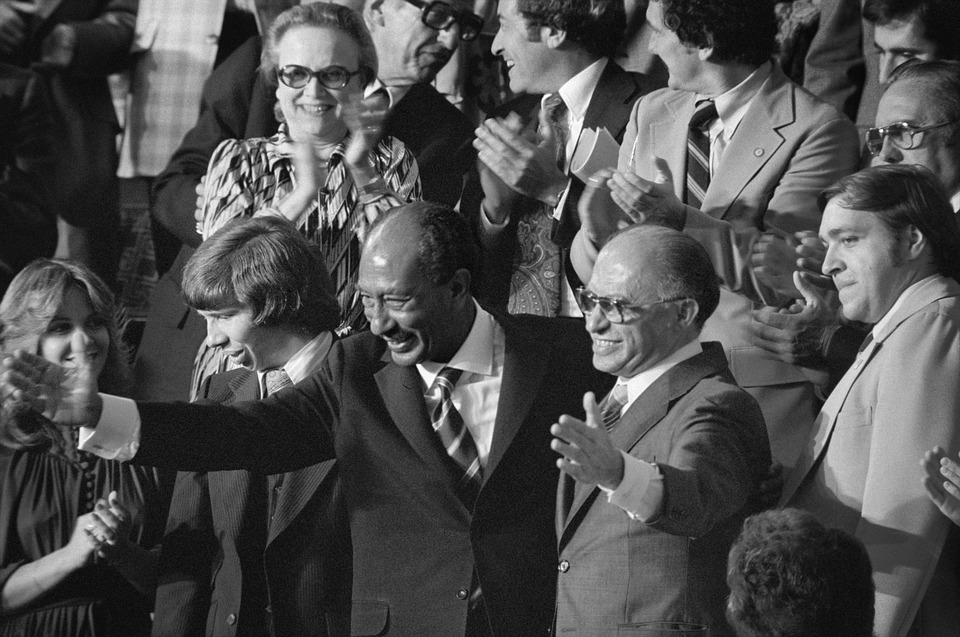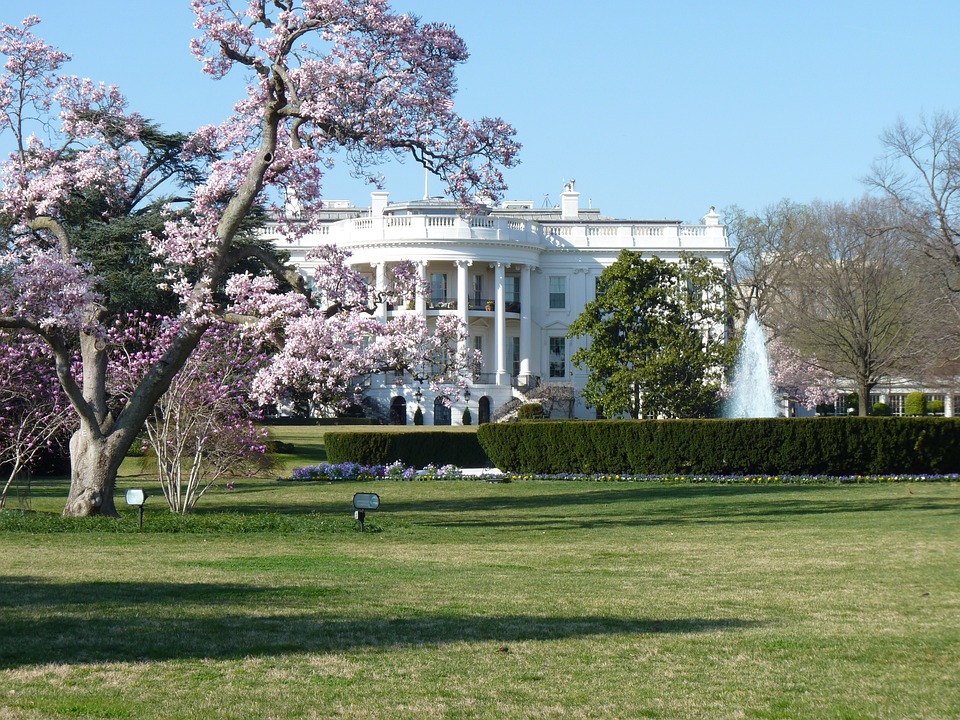Leftist college administrators subscribe to an ideology that deems race to be the defining factor of a person’s identity. So they abhor the Supreme Court’s ruling in Students for Fair Admissions v. Harvard — and they’re determined to find ways to continue their race-based discrimination.
That again became evident this week following a report from the College Fix that recounted recent comments made by Kim Schatzel, president of the University of Louisville, to faculty members at her institution.
“[W]e’re going to drive a truck through experience with race in terms of our admissions,” Schatzel said. That comment seemed to indicate that the University of Louisville will proceed full speed ahead with using race as a crucial admissions factor — but it will do so through the lens of how a person has experienced race.
Schatzel explained her belief that “experience with race” is an “exception” to the Supreme Court’s ruling that using race as an admissions factor is a violation of the 14th Amendment. She claimed that the question of legacy admissions “spurred the [Supreme Court’s] exception in terms of the decision of the fact that admissions could be based on experience with race.”

The campus of the University of Louisville (4kclips/Shutterstock)
Schatzel reassured her leftist faculty, saying, “We remain committed in terms of our admissions policy, and I just wanted to assure everybody about it, kind of where the strategy is around it.”
When the College Fix questioned the university as to its intended admissions policies, a spokesman told the student-reported media outlet, “We have not finalized our policies and have nothing to share at this time.”
Students Cannot Legally Be Judged on the Basis of Their Race
In the majority opinion of Students for Fair Admissions v. Harvard, Chief Justice John Roberts stated that the ruling would not prevent a university from considering how race had affected a person’s life.
“[N]othing in this opinion should be construed as prohibiting universities from considering an applicant’s discussion of how race affected his or her life, be it through discrimination, inspiration, or otherwise,” said Roberts.

Chief Justice John Roberts (C-SPAN/YouTube)
He was clear, however, that this should not resurrect the old regime of judging an individual on the basis of his or her race. “[U]niversities may not simply establish through application essays or other means the regime we hold unlawful today,” he said. Roberts further clarified that “[a] benefit to a student who overcame racial discrimination, for example, must be tied to that student’s courage and determination.”
In spite of Roberts’ clarity, Harvard quickly seized onto this supposed exception. In an email following the Supreme Court’s decision, Harvard sent a tongue-in-cheek email that read, “The Court also ruled that colleges and universities may consider in admissions decisions ‘an applicant’s discussion of how race affected his or her life, be it through discrimination, inspiration, or otherwise.’ We will certainly comply with the Court’s decision.”
Harvard then rolled out a new application that requires applicants to answer the question: “Harvard has long recognized the importance of enrolling a diverse student body. How will the life experiences that shape who you are today enable you to contribute to Harvard?”
That question appears to be an effort to insert the question of how race has affected a person’s life into the assessment of every applicant.
*****
The University of Louisville president’s comments simply provide further indication that colleges are upholding the central role of a student’s race in the admissions process, despite Students for Fair Admissions’ proscription against doing so.
Few universities have been as brazen as the University of Louisville in elucidating this goal. But all colleges that continue to engage in discrimination on the basis of race should face the full consequences of the law.
READ MORE:
‘Affirmative Action’ Was Racist from Day One — And It Will Continue
Supreme Court Sacks Affirmative Action — Here Comes the End-Around
Shop For Night Vision | See more…
Shop For Survival Gear | See more…
-
Sale!

Stainless Steel Survival Climbing Claw Carabiner Multitool Folding Grappling Hook
Original price was: $19.99.$9.99Current price is: $9.99. Add to cart -
Sale!

Quick Slow Release Paramedic Survival Emergency Tourniquet Buckle
Original price was: $14.99.$7.99Current price is: $7.99. Add to cart -
Sale!

Tactical Camo Nylon Body Armor Hunting Vest With Pouch
Original price was: $49.99.$39.99Current price is: $39.99. Select options This product has multiple variants. The options may be chosen on the product page

















































